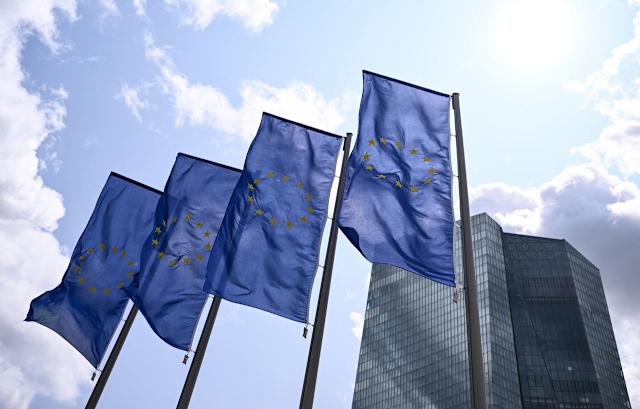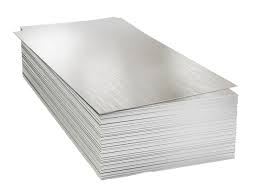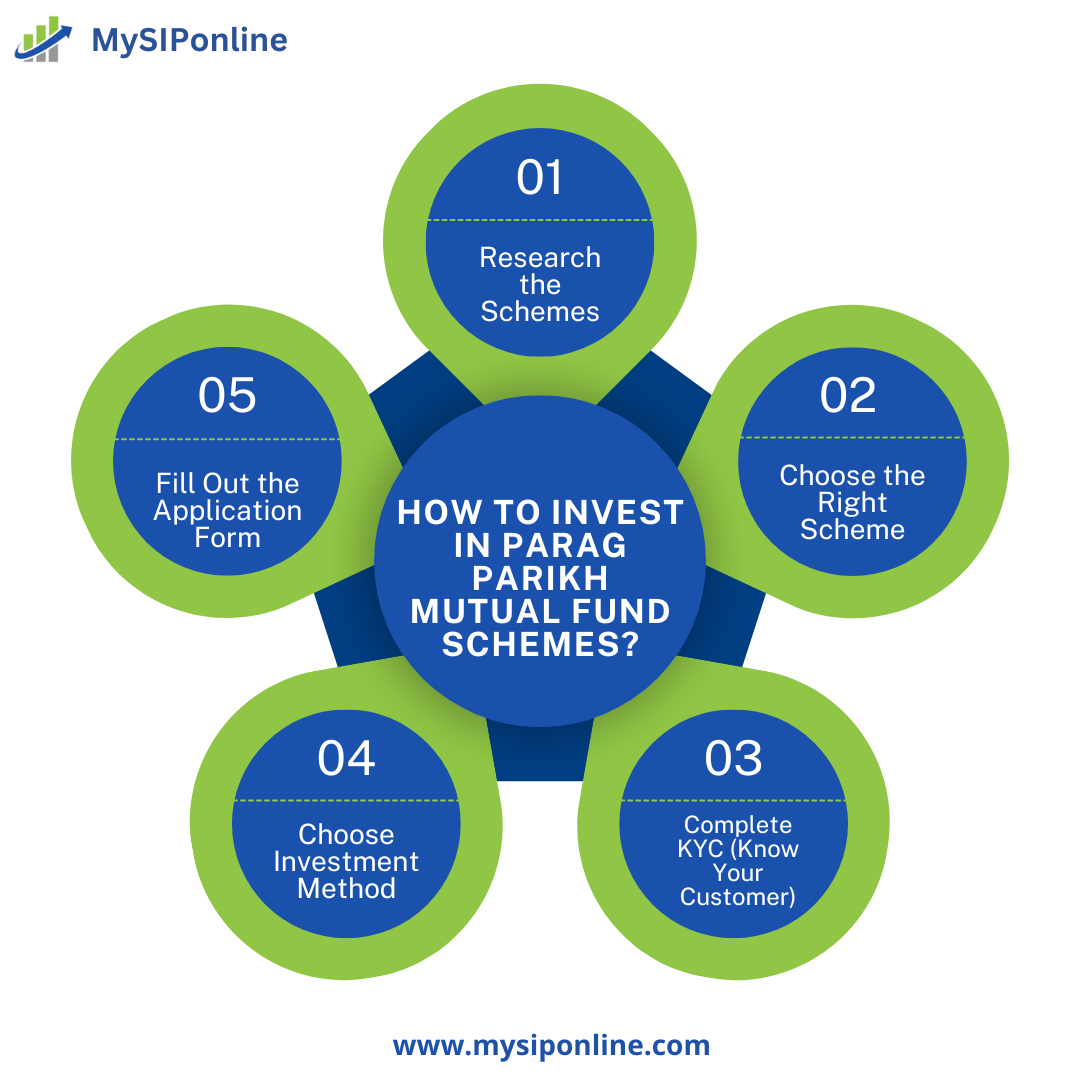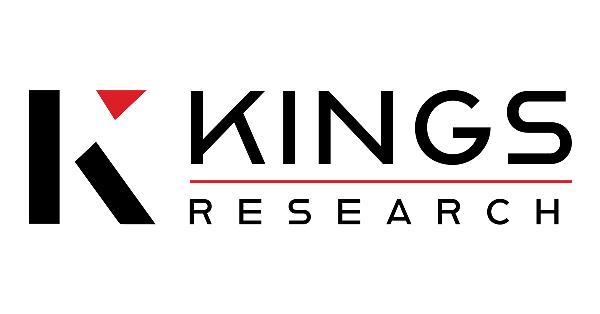
Inflation in the eurozone crept up in June, hitting the European Central Bank’s target and raising expectations that policymakers will leave the key interest rate unchanged later this month.
Consumer prices were 2.0% higher than the same month last year, up from the 1.9% of May, statistics agency Eurostat said Tuesday, matching expectations from economists polled by The Wall Street Journal.
Most Read from The Wall Street Journal
-
Trump Said ‘No Tax on Social Security.’ The Tax Bill Comes Closer to It.
-
The Tech-Stock Bargains Hiding in Nvidia’s Shadow
-
Lululemon Sues Costco Over Alleged Knockoff Activewear
-
Powell Cites Solid Economy in Keeping Wait-and-See Stance on Rates
-
Hollywood Confronts AI Copyright Chaos in Washington, Courts
The ECB cut its key interest rate last month for an eighth time since June last year. Investors anticipate policymakers will reduce rates again later in 2025, but stand pat in their July meeting. That contrasts with the Federal Reserve, which has been more wary of cutting interest rates given the potential impact of the Trump administration’s tariff policies.
“I’m not saying mission accomplished, but I say target reached,” ECB President Christine Lagarde said in a panel discussion at the ECB’s monetary policy forum in Sintra, Portugal.
However, the bank continues to face “tormented waters” amid continuing economic uncertainty, including from geopolitical developments, she added.
“We have to continue to be extremely vigilant,” she said.
The June pickup in inflation in the 20-nation currency area was particularly based on energy prices, with the core rate–which excludes more volatile food and energy prices–holding steady, Eurostat said.
Oil prices rose sharply after Israel’s attack on Iran in June, but they pared back somewhat after hostilities eased last week.
Lagarde warned last week that any blockade by Iran of the flow of oil and gas through the Strait of Hormuz could send prices higher, not just for energy but across a range of products via second-round effects.
Even though oil prices have since fallen as the situation calmed, it is an important reminder that geopolitical tensions risk higher inflation, KfW Research economist Stephanie Schoenwald said.
“I therefore see distinct obstacles to further interest rate cuts and expect the ECB to pause interest rates in July…Uncertainty remains high,” she noted.
But higher oil prices could also hit economic activity, thereby limiting inflation in the longer term, the ECB’s vice president Luis de Guindos said last week. Higher tariffs from the U.S. are also likely to lower inflation, given their effect of damping demand for European goods and that cheaper Asian products could be redirected to Europe.
Story continuesWhile the ECB can be reassured by inflation reaching its 2% target, the data comes after the bank refreshed its monetary-policy strategy in an effort to learn from the inflation spike after the pandemic and Russia’s full-scale invasion of Ukraine. The bank said it would act forcefully in circumstances that threaten to push inflation sharply higher or lower.
“Appropriately forceful or persistent monetary policy action in response to large, sustained deviations of inflation from the target in either direction is important,” the ECB said.
Write to Ed Frankl at [email protected]
Most Read from The Wall Street Journal
-
Car Sales Cooled in June as Trump Bump Fades
-
AMC Entertainment Restructures Debt, Secures New Financing
-
Private Equity Caught in Crosshairs of Elise Stefanik’s Attack on Harvard
-
JPMorgan Chase Ups Dividend, Approves $50 Billion Buyback After Stress Test
-
Renault to Book $11 Billion Hit on Nissan Stake







![Lobster Market Growth: Key Factors Driving Expansion to USD [9.6 Billion] by {2029}](https://noticiasdecostarica.com/zb_users/upload/2025/07/20250714121902175246674235065.png)





